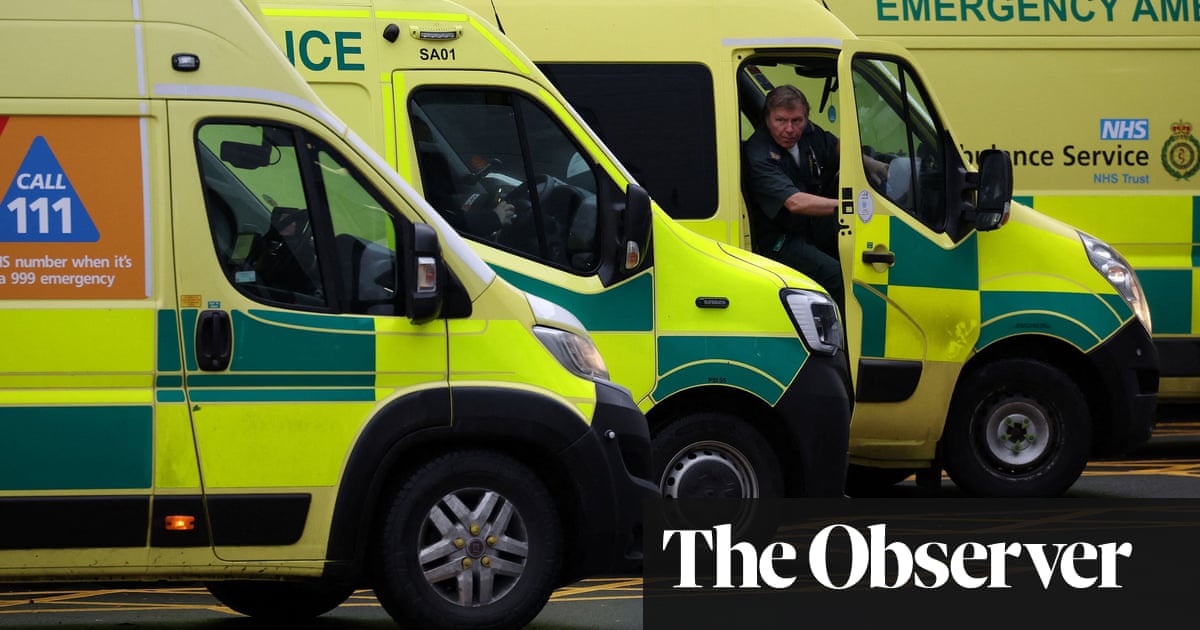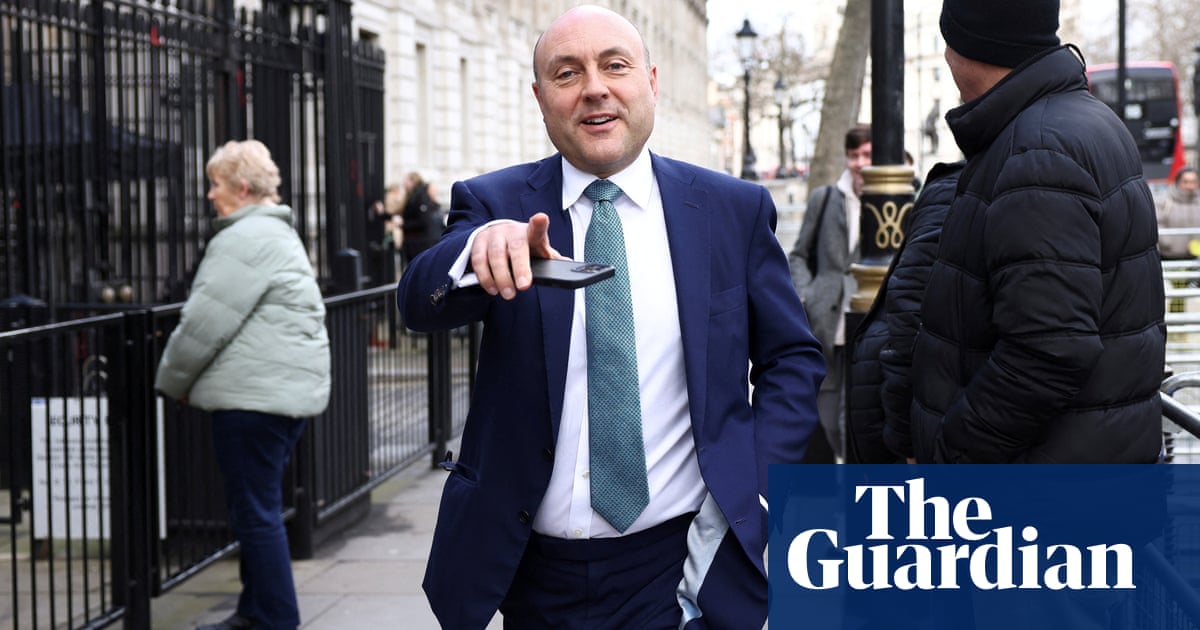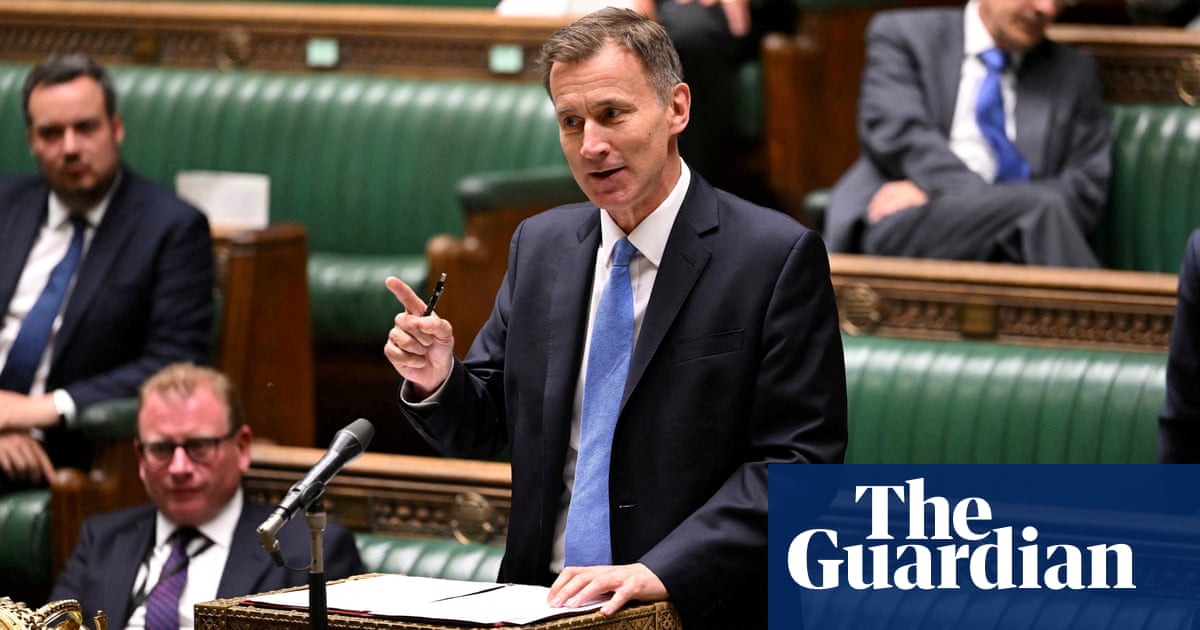
Millions of graduates face higher repayments on their student loans next year after the government announced a “tax rise by stealth” that will cost many £100 or more a year.
A graduate in England earning £30,000 a year will pay an additional £113 in the coming tax year, after the universities minister, Michelle Donelan, made a written statement to parliament freezing the repayment threshold for 2022-23.
The Institute for Fiscal Studies (IFS) thinktank said the move would save the government about £600m if it stayed in place for a year, but if extended the freeze would place a much higher financial burden on graduates.
The freeze announced by Donelan will keep the income threshold at which repayments start at £27,295 for those who took undergraduate courses. Had the current rate of inflation been applied it would have risen above £28,000 next year.
It applies to the income-contingent loans taken out by English and EU students who had studied at UK universities since 2012. The repayment threshold for postgraduate loans will be frozen at £21,000.
A Department for Education (DfE) spokesperson said the freeze would underpin higher education in England with a sustainable funding system.
“We need to ensure the system remains fair and open to everyone who has the ability and the ambition to benefit from it,” the DfE said.
Labour condemned the move as adding to the cost of living for young graduates, with the higher repayments coming alongside increased taxes and rising housing, food and energy bills.
Matt Western, the shadow universities minister, said: “We have a cost of living crisis made in Downing Street, and while No 10 is in paralysis Rishi Sunak is raising taxes on millions of people.”
Ben Waltmann, a senior research economist at the IFS, said the announcement in effect constituted “a tax rise by stealth” on graduates on middle incomes.
“Graduates with the lowest earnings do not reach the repayment threshold for student loans so they will be unaffected by the freeze. Those with the highest earnings will pay off their loans either way, so the freeze just means that they will repay their loans quicker,” Waltmann said.
“For a graduate earning £30,000 … this will be a further hit to the real incomes of these graduates on top of the rising cost of living, the freeze in the personal allowance and the hike in national insurance rates.”
Waltmann said that if the threshold freeze was kept in place for just one year the impact on graduate incomes would be moderate.
“If it stays in place for longer it could transform the student loan system, with a much lower cost for the taxpayer and a much higher burden on graduates than they thought they had signed up for when they took out their loans.”
Nick Hillman, an architect of the loan system introduced by the coalition government in 2012, said the freeze reflected the government’s failure to set out a long-term plan.
“Few students or recent graduates will welcome this announcement, but it is sensible because the current system has become out of kilter, with taxpayers paying much more than originally planned,” Hillman said.
In 2020-21 loans worth £19bn were given out to about 1.5 million students. Outstanding student loans now total more than £160bn, but most graduates are not likely to repay their debt in full before the loans are written off after 30 years. Average loans now amount to £45,000 per student at the time of graduation.












